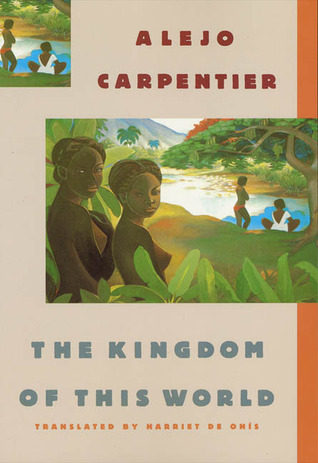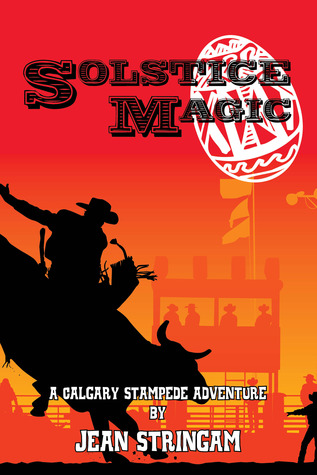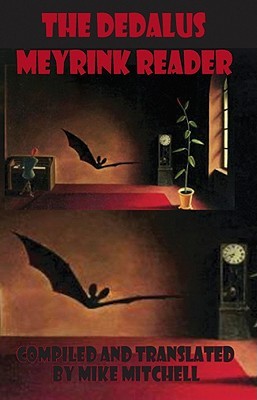Amazon Description
This book combines comedy with serious political commentary. In Latin America, which Joel Hirst is familiar with and which he clearly loves and cares passionately about, that is the reality, a reality which is mixes with magic in this excellent novel.
The comedic is always close to a serious, even tragic, consequence, as exemplified in the character of Lieutenant Machado, who at first appears to be a bumbling drunken fool, but morphs into Porfirio's Head of Security, recruiting a sadistic interrogator. That that interrogator is said to have been the child of a magical being shows how the magic works in this novel. Further examples are Machado's spies - a man who seems able to turn himself into an owl, or the servants at Dona Esmerelda's country club who were specially bred to be invisible. The magic in this book is not on the side of the freedom activists.
Reading the book blurb I was not sure whether I would enjoy the book, fearing that it would be too politically right-wing for me. This is a shame as I was pleased to see that the book shows an understanding of the motivation of all the main characters, nor does it portray the opponents of the revolution in a universally good light - Dona Esmerelda, the old oligarch, is a selfish elitist, but: each had been searching in their own way for freedom and for meaning. All in different places and by different means. The book is very good at showing how the most laudable of aspirations can be perverted. On a minor point Mr Hirst and his publisher should note that democratic socialism has many supporters in the UK and other European countries, where it does not mean the same as it does in the Americas, so references in the description to the chilling pall of socialism will put off potential buyers.
The book weaves together the story of the four characters - the naive American youth Freddy, Lieutenant Machado, the activist student leader Pancho and Dona Esmerelda - as they move to the inevitable violent showdown. If I were to make a criticism of this book it is of how this happens. The story is told by an omniscient narrator, who allows us to see that the Lieutenant knows about the others' plans. This reduces the dramatic suspense to that of watching a slow-motion car crash. At the end it seems that the book is the first in a series and that more will be revealed in future books. I look forward to reading them.
I recommend this book to you.
I recommend this book to you.




